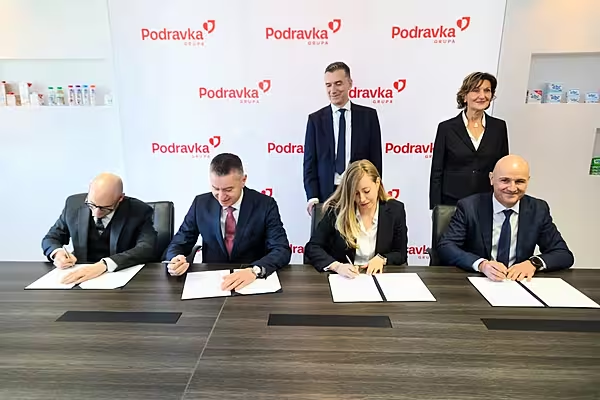Croatian retailer Studenac has affirmed its commitment to its expansion strategy despite cancelling its IPO in November due to geopolitical instability and market volatility.
The IPO was supposed to raise an additional €80 million to support the further growth of Studenac by expanding its store network, acquiring additional locations, and reducing debt.
In an interview with Bloomberg Adria, CEO Michał Seńczuk stated that the necessary funding for growth has already been secured, and the company remains on track to reach its target of 3,400 stores by 2028 (from the current 1,400) through organic growth and acquisitions.
Seńczuk emphasised that the company's financial planning allows it to proceed without the additional capital, highlighting the strong operating cash flow and responsible debt management, while debt levels are reasonable for a private company.
IPO
Although the IPO would have aligned debt with publicly listed company levels, it is not essential for continued growth, according to him. He expressed confidence in continued support from majority owner Enterprise Investors, citing their consistent reinvestment in the company.
Seńczuk outlined Studenac's focus on exploring "white space" opportunities in Croatia and Slovenia, emphasising the company's "close-to-customer" store model.
He confirmed the company's ongoing evaluation of acquisition targets in both countries. In Croatia, it plans to capitalise on the fragmented market, leveraging up to 700 potential locations.
In Slovenia, Studenac is in the early-stage expansion process, following the acquisition of the Kea chain with 32 stores and the launch of five new stores in Trbovlje, Radeče, Mirna, Artiče, and Podvelka.
Although currently focused on these two markets, Seńczuk did not rule out potential expansion into other European markets, according to the report.
Addressing criticism about high prices and low wages, Seńczuk explained that pricing reflects acquisition and operating costs, particularly the costs associated with serving smaller, often overlooked communities. He highlighted Studenac's role as a vital resource and employer in these areas.










